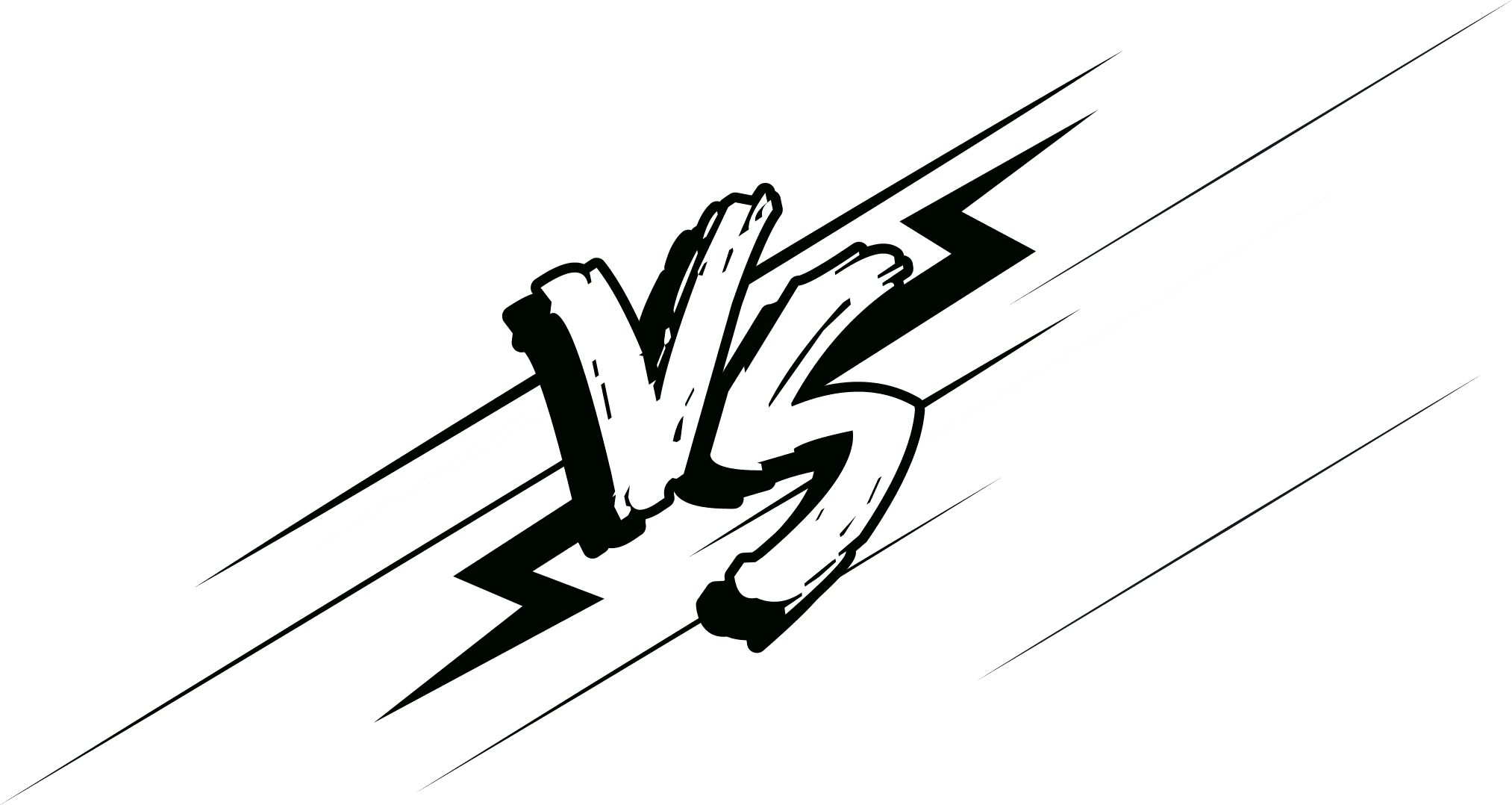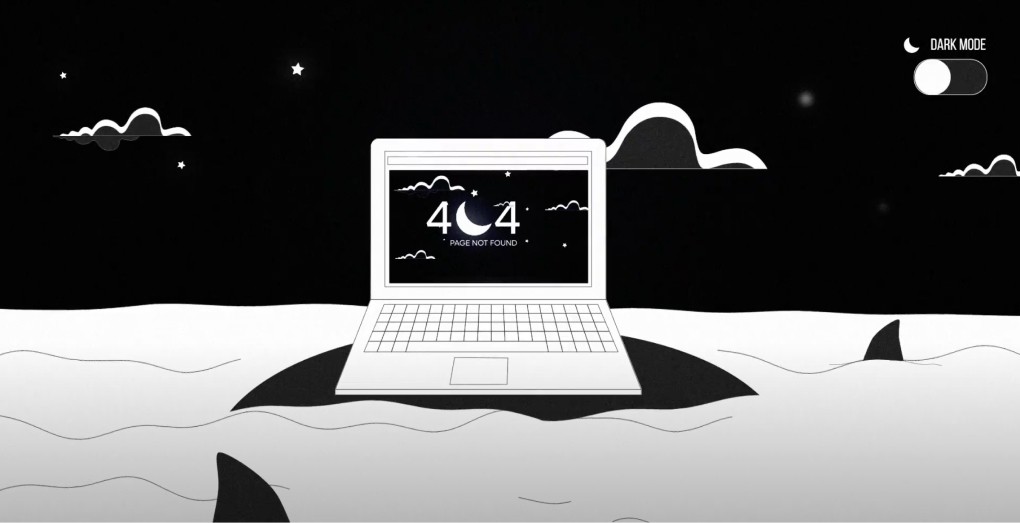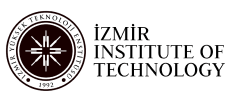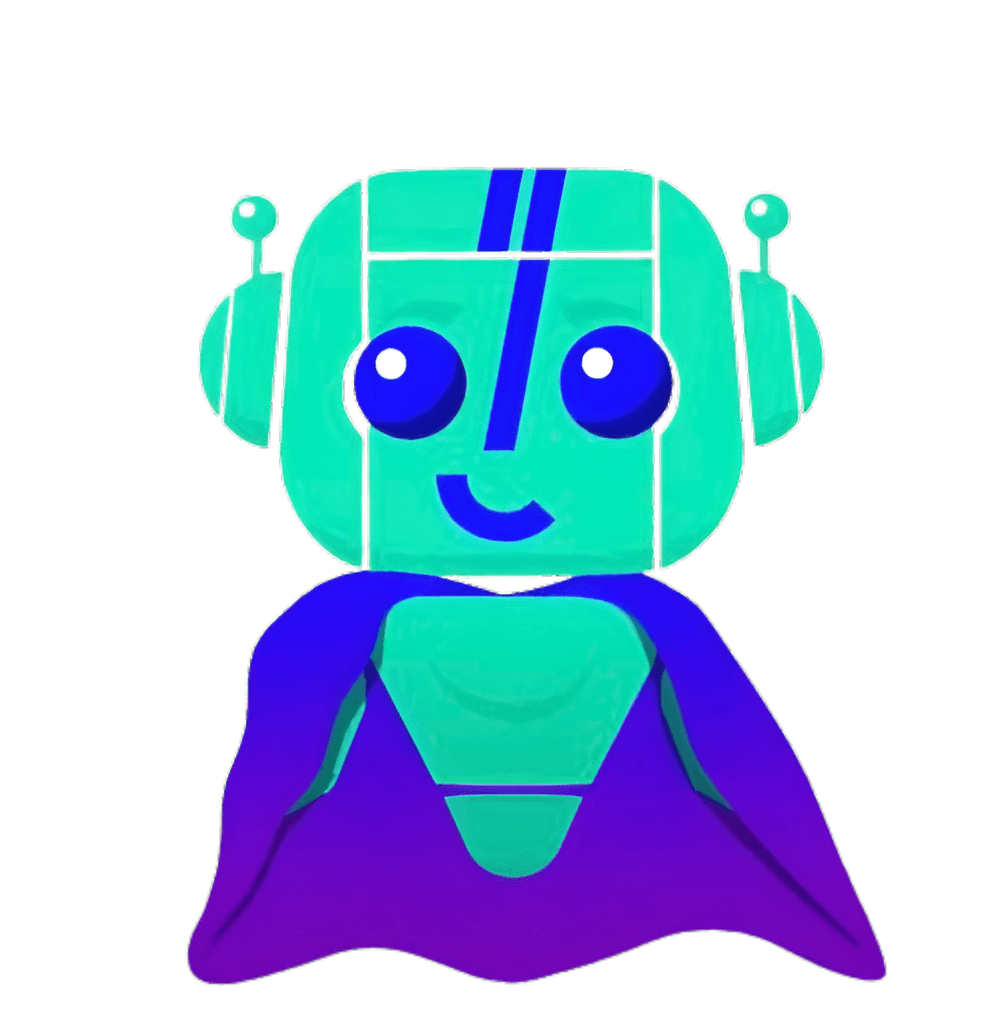All we need is love
and
a monitoring platform.

Oops! Something went wrong.
Downtime is every business's nightmare, striking at the most inconvenient times: during an ad campaign, in the middle of the night, on Monday morning rush...
It acts like a powerful magnet, pulling customers away and into the hands of competitors, never to return.

Lose customers, lose money, lose credibility
Research from the Ponemon Institute reveals that even for small businesses, every minute of downtime translates to significant financial losses, ranging from $137 to $427.
It's like watching your hard-earned money disappear faster than the last slice of pizza on the group's shared plate.
NO MATTER THE SIZE OF YOUR TEAM
Use Cases
Monitor your all services and find peace of mind knowing your business is running. Here are a few ways in which Robotalp helps teams in any industry.
Agencies
You'll focus on resolving the issue instead of replying to customer emails. Thousands of agencies rely on Robotalp.

Startups
Are you ready to save time and focus on more productive work by reducing errors? Startups move faster with Robotalp.

E-commerce Companies
Make sure that your website is easily accessible to customers and that they can stay connected throughout their entire journey.

Engineering Teams
Simplify development progress with an all-in-one platform that combines monitoring tools and status page in one place.

SAAS Companies
Monitor all your services and turn problems into possibilities for your business to ensure long-term success.

Freelancer
Robotalp is an excellent team player and it helps you work smarter when you're working alone.

System administrators
Robotalp allows to quickly identify and address issue when something is wrong with a service.

Website Owners
Your website is the face of your brand to visitors. Robotalp enables you to get notification about the health of your website.


Pingdom
Uptime monitoring
$185 for 200 monitors
$185 for 200 monitors


Statuspage.io
Branded status page
$99 for 10 team members
$99 for 10 team members


PageSpeed Plus
PageSpeed Monitoring
$60 for 100 monitors
$60 for 100 monitors

$
344 /mo
for 200 uptime monitors and 100 pagespeed monitors


One solution for all your challenges.

Uptime monitoring built-in

Branded status page on your own status.domain.com

Pagespeed Insights Monitoring

Also provides many monitoring tools such as Keyword, API, Port, SSL, Ping, Domain, DNS, Safebrowsing...

$
69 /mo
for 10 organizations, 20 team members and 500 monitors
Start website monitoring today. Life is better with Robotalp
See why thousands of teams in 80+ countries around the world use Robotalp.

Tim C.
Business Owner
Mar 07, 2024
"an excellent tool for anyone managing websites."
Overall: I set up Robot Alp for every new website I build and maintain. The set up takes minutes to do and it just runs, reliably in the background and let's me know if there is anything wrong with the website.Couldn't ask for anything more really.
Pros: Very easy to set up. Very clean user interface.
Overall: I set up Robot Alp for every new website I build and maintain. The set up takes minutes to do and it just runs, reliably in the background and let's me know if there is anything wrong with the website.Couldn't ask for anything more really.
Pros: Very easy to set up. Very clean user interface.

Jon P.
Web Designer
Mar 18, 2024
"Indispensable, Effortless Monitoring for My Web Agency"
What do you like best about Robotalp?
It's incredibly easy to configure uptime monitors - in bulk! Who knew such a thing existed?? Very easy to onboard as many websites as you need to bring onto the platform. It's hard to find anything to complain about with Robotalp.
What do you like best about Robotalp?
It's incredibly easy to configure uptime monitors - in bulk! Who knew such a thing existed?? Very easy to onboard as many websites as you need to bring onto the platform. It's hard to find anything to complain about with Robotalp.

Christopher P.
Owner
Feb 20, 2024
"RobotAlp has been a great tool for me!"
What do you like best about Robotalp?
It has saved me so much time and embarrassment! You definitely DO NOT want your client to tell you their site is down!! I get so much info automatically and I only have to worry when there's something to worry about. Also, the setup for each site is dead simple!
What do you like best about Robotalp?
It has saved me so much time and embarrassment! You definitely DO NOT want your client to tell you their site is down!! I get so much info automatically and I only have to worry when there's something to worry about. Also, the setup for each site is dead simple!

Richard D.
Brand Strategy, Concept and Design
Jan 27, 2024
"Ensuring business uptime excellence with streamlined monitoring and proactive alerts"
What do you like best about Robotalp?
What I like best about Robotalp is its unwavering commitment to ensuring website uptime, which is crucial for our business. The most helpful aspect is its straightforward setup, allowing us to configure monitoring with just a few clicks.
What do you like best about Robotalp?
What I like best about Robotalp is its unwavering commitment to ensuring website uptime, which is crucial for our business. The most helpful aspect is its straightforward setup, allowing us to configure monitoring with just a few clicks.

Tobias G.
CEO/Co-Founder
Jan 26, 2024
"Amazing Monitoring Tool for a Good Price"
What do you like best about Robotalp?
A myriad of monitoring tools for all kinds of monitoring needs, useful and detailed settings, receptive to feature requests, frequent updates, easy to use What do you dislike about Robotalp?
Bulk editing could be more intuitive, workspace-specific integrations would be helpful.
What do you like best about Robotalp?
A myriad of monitoring tools for all kinds of monitoring needs, useful and detailed settings, receptive to feature requests, frequent updates, easy to use What do you dislike about Robotalp?
Bulk editing could be more intuitive, workspace-specific integrations would be helpful.

Armand P.
Managing Editor
May 13, 2022
"Great Web Admin Toolbox!"
What do you like best about Robotalp?
For providing agency service, it has been great for keeping an eye on several online businesses, or just seeing what's happening on the web in real-time. The app is user-friendly, easy to use, and has a straightforward interface.
What do you like best about Robotalp?
For providing agency service, it has been great for keeping an eye on several online businesses, or just seeing what's happening on the web in real-time. The app is user-friendly, easy to use, and has a straightforward interface.
Your Questions, Answered.
Here are the answers to frequently asked questions about basic definitions and meanings.
What is uptime monitoring ?
It refers to the process of tracking the availability and performance of websites, servers, and other online assets.
Uptime monitoring helps ensure that these resources are functioning properly, minimizing downtime and maximizing user experience.
How do I check the downtime of a website?
You can monitor past manual methods, but there are more advanced and user-friendly tools available. These tools help you check various aspects of your site and its downtime.
Why website monitoring is important for your business?
This free tool
allows businesses to quickly identify issues before they become costly problems. Fixing small issues before they turn into costly downtimes can save money in the long run by reducing downtime costs and helping maintain customer relationships.
What is a status page?
A
status page is a web page that provides real-time information about the availability and performance of a website or service. It is often used by companies to keep their customers informed about any issues or downtime that might affect their ability to access the service.
How it affects SEO?
Google, and other search engines, use a variety of metrics to rank websites. One of the most important factors is that Google takes into account is website uptime. When a site experiences downtime, it sends a signal to the search engine that the site is unreliable and should not be given preference in search results.
Why you should have a status page?
A status page can help you avoid angry customers by communicating any outages or system failures promptly. Without it, users may become frustrated and lose confidence in your brand if they experience an issue without being notified. By providing timely updates on the situation, you can reassure them that you are on top of things and working to resolve the problem as quickly as possible.































